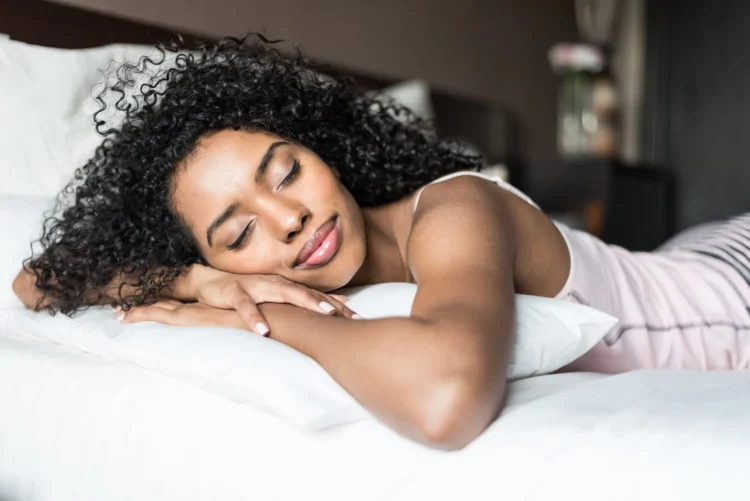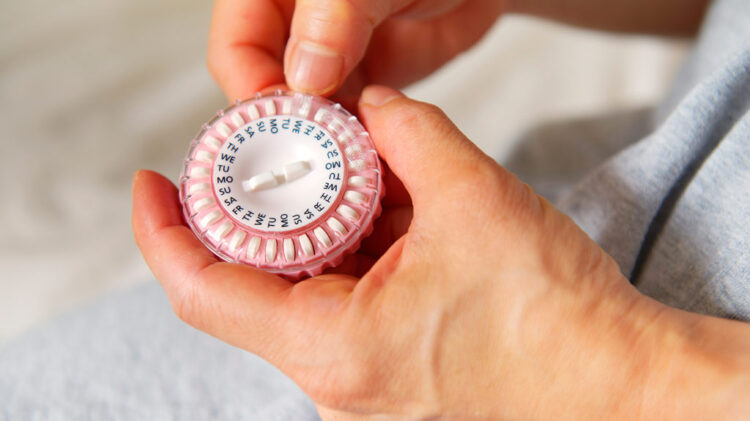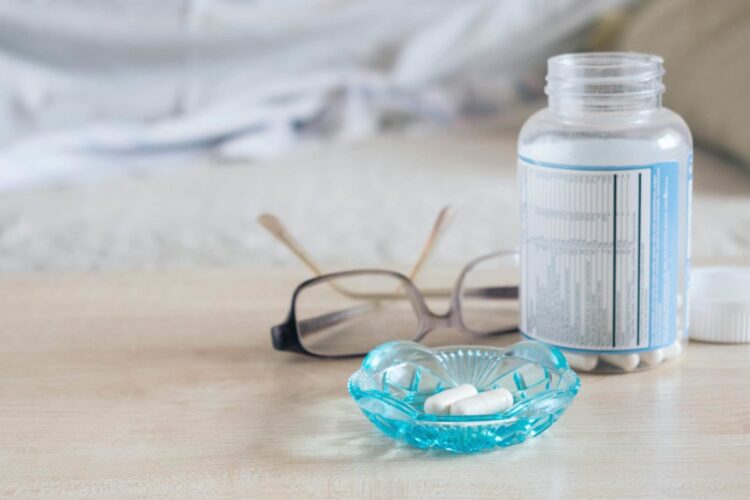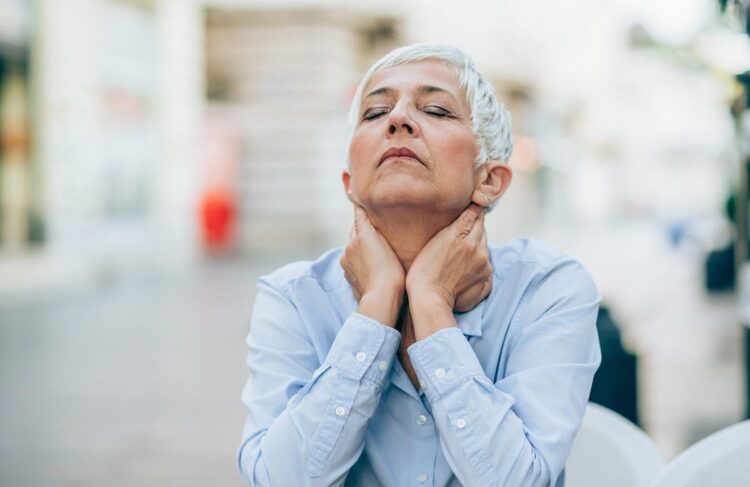After menopause, women have more insomnia and take more anxiolytics than men…
For most of their lives, women sleep better than men. From the first period, the action of female hormones protects their sleep and provides them with better quality rest. But that advantage has an expiration date: menopause. After approximately 50 years of age, the quality of sleep in women is equal to that of men: the drop in the production of estrogen and progesterone makes it lighter and takes longer to arrive. The coincidence of emotional factors, stress, depression, or chronic pain contributes to women suffering from that age more insomnia than men, going to the doctor more, and taking more anxiolytic drugs.

Some facts:
– 57% of people interviewed in a British study reported having sleep disorders
– The body has alert mechanisms that activate the sleep regulatory centers
It is a complex process related to the higher functions of the brain and in which metabolic, biochemical, and immunological changes take place. During childhood, boys and girls sleep similarly, but after menarche, in some girls, completely physiological slight drowsiness appears that is a consequence of hormonal alterations. In adolescence and youth, the rest of girls is similar to that of boys, but from the age of 25, it has greater continuity and is of higher quality than that of men.
For many scientists, these results are closely related to the different proportions of certain hormones between the two sexes. Female hormones appear to be responsible for improving rest quality, which can decrease drastically when they go through menopause. In some cases, hormone replacement therapy is one solution that can be taken to treat rest disorders in women in old age. This therapy is explained clearly in bywinona.com.

The hormonal balance between estrogen and progesterone is the cause of this difference. Thus, while progesterone increases non-REM sleep, which serves to restore the body, estrogens control REM sleep, which is related to memory and brain recovery. On the other hand, the body has warning mechanisms that, in the face of adverse or changing situations, activate the brain centers that regulate rest. Estrogens act as activators of these mechanisms when there is an alert, while progesterone neutralizes the function of estrogens. This balance promotes a better quality of rest in women.
Hormonal variations also explain the variations in rest that occur during pregnancy and lactation. In the first trimester of pregnancy, some women have significant daytime sleepiness influenced by high levels of progesterone, while in the third trimester they experience sleepiness and fatigue due to increased body volume. During breastfeeding, a woman’s rest is also slightly transformed. At this stage, mothers develop a biological capacity that allows them to wake up and be alert in case the baby cries. This capacity is not developed by men, even if it is the responsible father.

With menopause, the hormonal balance is altered and affects the quality of slumber. To this is added that many women suffer changes in their body structure and gain weight, which causes breathing difficulties during rest. Many women who did not snore begin to snore after menopause for this reason. Some suffer from sleep apnea (partial or total obstruction of the passage of air) with consequent daytime sleepiness. In pre-aging and old age, both men and women suffer from insomnia because they are more physically vulnerable and have more illnesses, but in this phase, it is again women who show more rest disturbances when adding emotional factors such as loneliness, anguish, anxiety, or chronic pain.
The European Journal of Sleep Research published in December 2004 the results of a study that analyzed the number of hours the population sleeps, the related problems they suffer from, and the perceived consequences of these alterations. 57% of the interviewees declared suffering from rest disorders; men and women rest a similar number of hours but young people between 16 and 24 years rest one hour more than the rest. The study confirms that women have more problems after menopause.

The data from the study, in which 2,000 Britons between the ages of 16 and 93 participated, reflect differences by sex when it comes to analyzing the causes of insomnia. While in men concern about work predominates, in women problems related to children, the couple, or the environment prevails. Likewise, it is observed that certain diseases and the medications related to them are a frequent cause of rest disorders in those over 50 years of age. Regarding the measures adopted against insomnia, 33% of those surveyed affirm that they do nothing, 20% read, 15% listen to the radio and 9.7% drink alcohol.
Women go to the doctor more, report more problems and undergo treatment more often than men. According to experts, anxiolytics and hypnotics are effective therapeutic weapons if they are administered in a controlled manner, in the right dose, and for short periods. But these conditions are not always met so in many cases, the misuse of these treatments creates tolerance (a higher dose is needed for the drug to take effect) or dependence.

The goal of insomnia treatment is to treat the disease that causes it, such as normalizing symptoms in a menopausal woman or administering adequate analgesic therapy in a patient with fibromyalgia, the rheumatic disease that most frequently causes insomnia. The results of a small survey that we carried out with mastectomized women who suffered from insomnia were surprising: 80% of these women continued to take anxiolytics night after night once the treatment for breast cancer had finished.
Insomnia affects an average of between 15% and 20% of the population. In addition to treating the disease that causes it and adopting correct pharmacological therapy, it helps to overcome insomnia by strictly following a series of rules: use the bed only to sleep (do not read or watch television lying down); do not resort to the sofa and television to try to fall asleep; rest a sufficient number of hours (between seven and eight); avoid stimulating drinks and foods, and go to bed and get up every day, including weekends, at the same time.
 Hi Boox Popular Magazine 2024
Hi Boox Popular Magazine 2024



